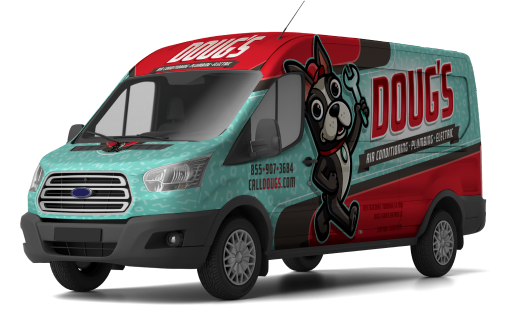Hurricane Harvey has passed over Texas and Louisiana and Hurricane Irma is now through Florida, but we’ll be dealing with their aftermath for quite some time. While Houma and Thibodaux were not directly in the path of the storms, we’re still feeling the effects of such monster storms, which have dumped more rain on the Gulf Coast in a single month than Seattle—one of America’s wettest cities—sees in a whole year.
The news coverage shows devastating floods and dangerous power outages, scenes we know all too well after Katrina. With Katrina it was the help of neighbors, friends and family that got us through the worst, and that’s what will get us and our Texas and Florida neighbors through the damage now.
How You Can Help Those Affected
There are three evacuation shelters within a two-hour drive, all of which will need supplies and volunteers to run smoothly and meet the needs of storm refugees. You can help them by donating:
- Nonperishable food items
- Bottled water
- Baby items like diapers and formula
- Cleaning supplies
- Clothes and toiletries
- Inflatable mattresses
- Toys, coloring books, puzzles, etc.
- Money for operating costs
Have you seen the Cajun Navy stories on the news? Many Louisiana residents have taken their boats to flood ravaged areas to help with rescue and evacuation efforts. The floodwaters are receding, but there’s still plenty of work to be done. If you have a boat or high water-safe vehicle and are able to join the Cajun Navy efforts, you will be welcome. Just please be safe! We don’t want your or any storm survivors put in harm’s way unnecessarily.
Don’t have a boat, but still want to help in person? Join the cleanup efforts. As the floodwaters recede, they leave mud, debris and an epic mess in their wake. The Austin Disaster Relief Network is coordinating volunteer cleanup efforts in the Houston area and Volunteer Florida is coordinating volunteer cleanup efforts in Florida. Contact either agency to donate some time and elbow grease.
How You Can Prepare For Another Big Storm
We wish would could say that all danger has passed, but living on the Gulf Coast means there’s always threat of another big storm. Even as disaster relief for Hurricane Harvey and Hurricane Irma gets underway, more storms are brewing.
Find out whether you need flood insurance. Nearly 50,000 homes have been damaged by Harvey’s floodwaters. Nearly 90 percent of homes in the Florida Keys alone were damaged by Irma. Shockingly, a low number of homes in these areas are covered for floods. Fewer than 20% of homeowners have flood insurance because they don’t know floods aren’t covered by their existing homeowner’s policy. LSU and DOTD have worked together to create flood maps that you can use to find out if you live on a floodplain, and therefore whether you need to buy flood insurance.
Have a hurricane kit at home. During hurricane season, it’s a good idea to keep a hurricane kit handy for storms that aren’t large enough to warrant evacuation. Your hurricane kit should include first aid supplies, hand tools, backup battery/chargers for electronics, and several days’ worth of food and water. Use this guide to build your hurricane kit.
Make sure you have a generator. We’ve discussed this before, but it’s worth saying again: a generator will guarantee you don’t lose power during a storm. If you have any medical issues that require access to power, a generator is a vital storm preparation need. If you don’t have a generator yet, call Doug’s to install one.
We’re here for you and for our neighbors in Houston and Florida. Contact us with your hurricane preparedness questions: (985) 746-1116

